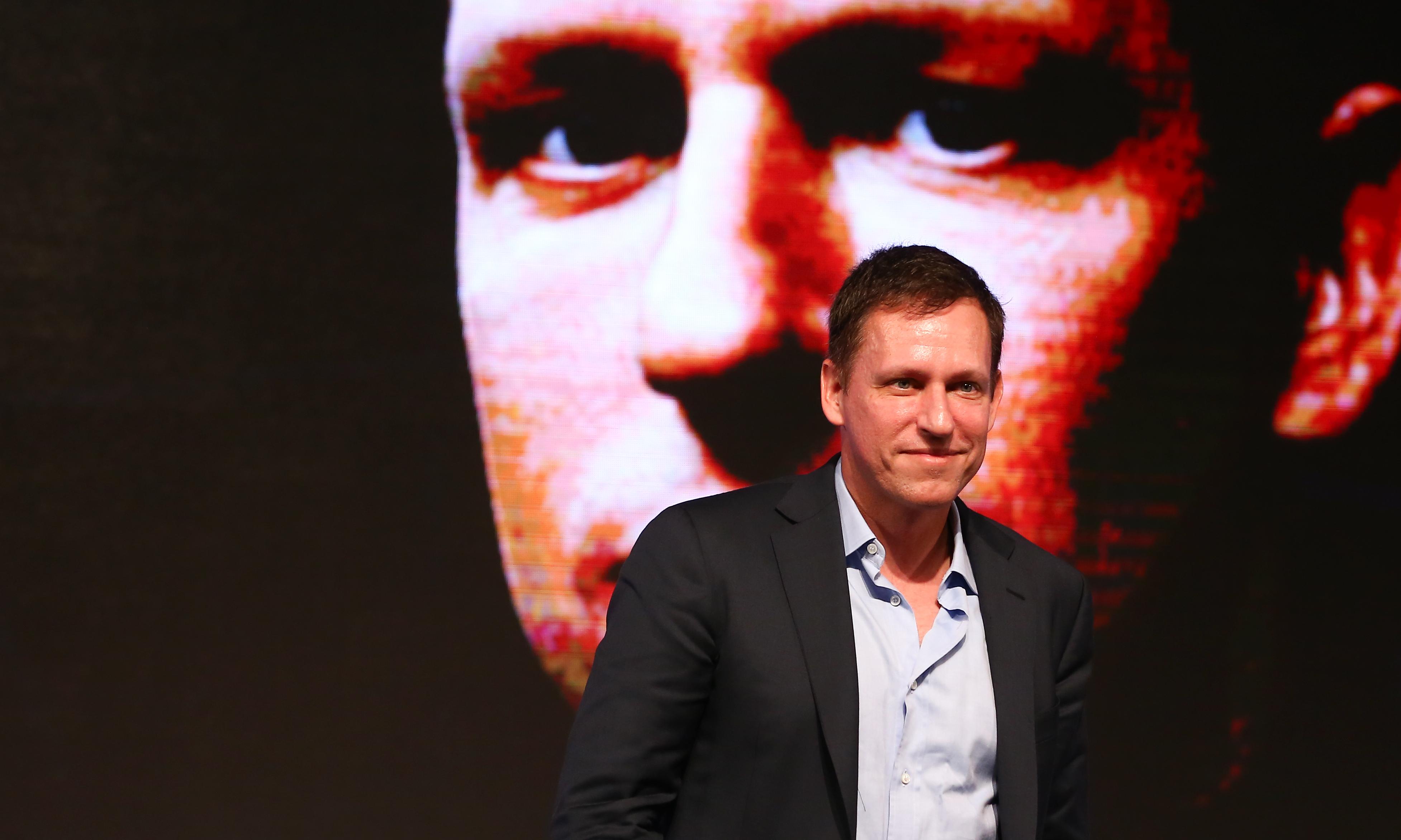So glad Vanity Fair is a vital, lively thing again, no mean feat to accomplish during the media’s winter of discontent. The magazine has always published some great articles in the Graydon Carter years, but for awhile it began to feel like the house organ of the Kennedy Administration, an odd choice for this millennium. With what appears to be the same people atop the masthead, the title reinvented itself for the Digital Age. Good work by all involved.
Nick Bilton, a recent hire at VF, weighs in on the Peter Thiel-Gawker contretemps, applying lessons learned from the ugly gamesmanship more broadly, examining how wealth inequality plus Silicon Valley hubris is a danger of some degree to democracy. The Libertarian billionaire and freshly minted Trump delegate may be elated over forcing Gawker into bankruptcy, but he’s proven to be a very good argument for a return to the Eisenhower era’s draconian progressive tax rates. The arrogance isn’t limited to the politically dicey and thin-skinned, either. Even a seemingly progressive person like Elon Musk believes he should decide what type of government Mars should have. How nice for him.
The former NYT scribe came to realize Thiel’s lack of empathy when he visited the Paypal co-founder’s home for a dinner gathering of business and media types and was subjected to the host’s weird diet of the moment. A petty complaint perhaps but a telling one when applied to matters of greater importance. An excerpt:
I was struck by a profound epiphany about Silicon Valley: Thiel, in many ways, sums up the entire mentality of the tech industry. He doesn’t necessarily care what other people want; if Thiel is on a weird and special diet, then we should all be on a weird and special diet. If Thiel thinks that people shouldn’t go to college because it’s a waste of time, as he’s said innumerable times before—regardless of the way such a decision could affect people’s lives in the future—then we are all fools for not dropping out. (Thiel, for what it is worth, has a B.A. and law degree from Stanford.)
If Thiel thinks people who wear suits are “bad at sales and worse at tech,” then you better change your sartorial choices. Go buy a hoodie; look the part. And if Thiel wants to disrupt how Washington works, he will become a delegate for Donald Trump. If he thinks that a blog called Gawker shouldn’t exist, then he will try to eradicate it. (Thiel did not return my request to comment for this article.)
I’m not telling this story to defend Gawker. I personally feel that citing the First Amendment to justify outing someone as gay (as Gawker did to Thiel, in 2007), or publishing a sex tape as “news” (as the site billed its Hulk Hogan scoop), is heinous. But the First Amendment in our country says the press has certain rights. That’s the law. As citizens, we have to abide by it.
But reality doesn’t seem to be the case for some of the elite in Silicon Valley. They play by their own rules. There is, of course, a positive side to all of this. These so-called disruptors have given us the iPhone and Uber and PayPal. But there is also a darker side, too—and we’re really starting to see those forces at work now. For a long time, technology pundits have wondered what will happen to the relatively young, very rich, Silicon Valley elite after they leave the companies that they created, and that made them wildly and incomprehensibly rich. What does Mark Zuckerberg, who is just 32, do after Facebook? Where does Travis Kalanick, 39, go after he’s done at Uber? What about all the young V.C.s in their 30s and 40s worth hundreds of millions?
These aren’t the kind of people who simply retire on a beach and sip Soylent through a thin straw.•
Tags: Graydon Carter, Nick Bilton, Peter Thiel

